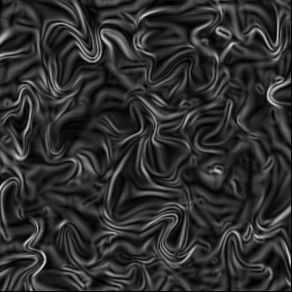Oblivio Agitatum
Download links and information about Oblivio Agitatum by Bruce Gilbert. This album was released in 2009 and it belongs to Ambient, Electronica, Alternative genres. It contains 3 tracks with total duration of 34:32 minutes.

|
|
|---|---|
| Artist: | Bruce Gilbert |
| Release date: | 2009 |
| Genre: | Ambient, Electronica, Alternative |
| Tracks: | 3 |
| Duration: | 34:32 |
| Buy it NOW at: | |
| Buy on iTunes $9.99 | |
| Buy on Amazon $2.67 | |
Tracks
[Edit]| No. | Title | Length |
|---|---|---|
| 1. | Oblivio Agitatum | 4:38 |
| 2. | Zeros | 25:56 |
| 3. | Isopyre | 3:58 |
Details
[Edit]Bruce Gilbert's first full-length release since Ordier (2004) finds the ex-Wire guitarist in characteristically uncompromising form. Originally a visual artist, Gilbert has always been interested in the possibilities offered by sounds as sculptural raw materials, treating his recordings and performances as experimental spaces in which to explore how far those materials can be pushed. Oblivio Agitatum continues that process. Gilbert is at his most intensely minimal on the title track, crafting austere rhythmic patterns from drill-like electronic detritus. Elsewhere, though, he adopts an expansive, more organic approach across dark, droning soundscapes that balance repetition and incremental change — channeling the kind of cosmic proto-industrialism developed by German innovators Cluster. With its stark sweep and dread-inducing rumble (interspersed with fleeting static and ghostly chatter), the 26-minute "Zeros" conjures images of the last spaceship blasting off from post-apocalyptic Earth and drifting out into the farthest reaches of the universe. A similarly sparse, marginally more melodic gravitas envelops "Isopyre," which suggests a brief snapshot of some cataclysmic natural event: an undersea volcano spewing magma onto the ocean floor, perhaps. While Gilbert's work usually generates a distinctive ambience, it's not ambient music. (Whether it's even music is another question entirely, but those who might ask that wouldn't come within ten miles of his recordings.) In Eno's view, ambient music hinges on an essential ambivalence, in that listeners should find it "as ignorable as it is interesting": it must be a part of our environment that can be tuned in or out at will. It's impossible to be ambivalent about Gilbert's soundscapes, which are always "interesting" but definitely not "ignorable." His experimentation could never be mistaken for aural wallpaper; it commands attention, imposing itself on the listener's surroundings, not so much papering the walls as painting them in unsettling colors and shades that can't be ignored. Oblivio Agitatum makes that point in no uncertain terms.